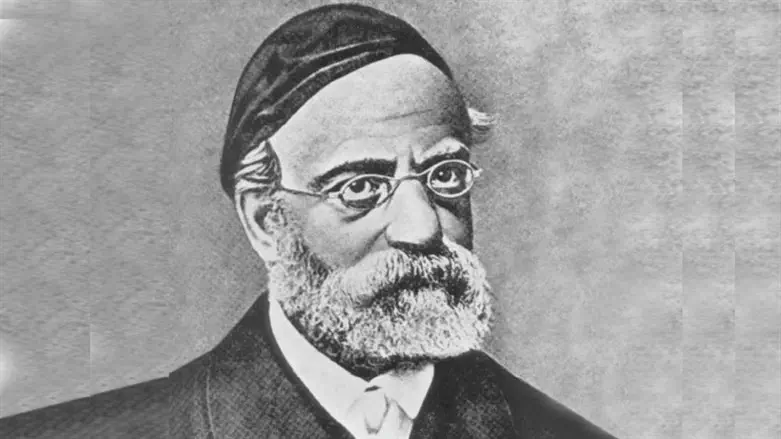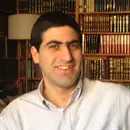
Individualism run amok. That’s how many conservatives describe our era when “man” can mean “woman” and “marriage” suddenly means something other than what it meant since the dawn of civilization.
Amazingly, Rav Hirsch writes that the breakdown of language is precisely what killed the Tower of Babel project. Rav Hirsch sees the project as something of a collectivist endeavor – one in which all individuality was killed in the interests of the nation. Nimrod united the people – not, however, “likro b’shem Hashem” but for the purposes of “naaseh lanu shem.”
This kind of unity is pernicious. Not only do ambitious leaders use it to launch wars of conquest, they also crush individuality with it. G-d, in contrast, “calls every man directly to His service, and thereby makes every man, prince or slave, equal and free.” And so, to “save humanity” from the poisonous unity animating the Tower of Babel project, G-d intervened (“nerdah”) and awakened “the consciousness of the independent value of the individual.”
The result? A person “would call something by quite a different name just out of spite since independence shows itself in obstinacy of thought, of one’s way of looking at things, which is synonymous with obstinacy in the way one calls things.”
Essentially, “egoism awoke in the individual; he would no longer accept or submit to any point of view other than his own, not even if it came traditionally from G-d Himself.” And so men stopped understanding each other – even though they were still using the same words.
Rav Hirsch writes that language can be objective or subjective. An objective language is based on truth; words correspond to the actual nature and relationships of things. A subjective language is based on the views of individuals and nations. Originally, all mankind not only spoke the same language (“safa echas”) but looked at reality the same way (“devarim achadim”).
“Such spiritual unity [however] could only last as long as the words that were spoken were not formed by each individual himself but had been handed down traditionally…had been given a higher sanction [i.e., by G-d Himself] – in short, so long as the language was objective and not subjective.”
When Nimrod took advantage of mankind’s unity to “naaseh lanu shem,” G-d awakened man’s individualistic impulse – “I acknowledge myself and myself only” – and the whole project fell apart. They spoke the same language but no longer understood each other (which led, in turn, to the dispersal of mankind over the face of the globe at which point the various languages that people speak today began forming).
This development may have saved mankind from collectivism and misuse by tyrants, yet it also is clearly tragic.
From 1922-1991, fascism and communism dominated much of the world. Both these systems of government crush the individual – physically and spiritually. Perhaps “wokeism” is mankind’s response to these systems. Extreme individualism and subjectivism. I am whatever I identify as. “Marriage” is what I say it is. The definition of “woman” is fluid.
But extreme untethered individualism is obviously pernicious. G-d may have used it to break up the Tower of Babel project, but He doesn’t want it to be a regular feature of mankind. We are called on to follow G-d’s objective truth, not follow our subjective whims.
The breakdown of language led to the dispersal of united mankind 4,000 years ago. Let’s just hope it doesn’t lead to the collapse of Western civilization in the 21st century.
Rav Samson Raphael Hirsch (1808-1888) – head of the Jewish community in Frankfurt, Germany for over 35 years – was a prolific writer whose ideas, passion, and brilliance helped save German Jewry from the onslaught of modernity.
Elliot Resnick, PhD, is the host of “The Elliot Resnick Show” and the editor of an upcoming work on etymological explanations in Rav Samson Raphael Hirsch’s commentary on Chumash.
